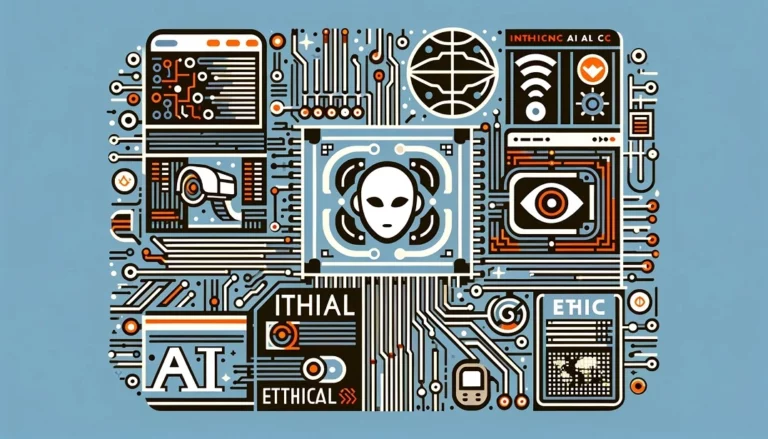One of the fundamental challenges that AI faces is the overreliance on data. Machines are only as good as the data they’re trained on. The disaster with Tay, Microsoft’s chatbot that spewed hate speech, is a glaring example. The bot was trained on public data that turned out to be heavily biased. Here, the fault doesn’t lie with the machine but the data it was trained on.
The Uncertainties of Real-world Scenarios
We’ve seen Tesla’s autopilot face severe criticism after a spate of accidents. Here, the shortcomings often boil down to the model’s inability to predict real-world variables. Self-driving technologies can only prepare for so many ‘what-ifs’. This limitation showcases that AI, at least in its current state, struggles with the unpredictability of human behavior and the myriad variables that come with it.
Read more: Business Text Etiquette – 5 Don’ts When Texting Clients
The Complexity Gap
IBM’s Watson dazzled us all by beating human champions at Jeopardy but stumbled when it came to real-world medical diagnosis. The gulf between controlled environments and real-world complexities becomes apparent here. Watson’s failure, in this case, reminds us that problem-solving isn’t just about crunching numbers but involves a nuanced understanding that AI lacks.
Ethical and Societal Concerns
Amazon’s Rekognition faced backlash for racial bias when identifying criminals. This not only raised technical questions but also ethical ones. As AI systems are increasingly used for decision-making, the ethical implications become monumental. Even small algorithmic biases can result in significant societal impacts.
Lack of Emotional Intelligence
Whether it’s the chatbots failing to provide effective customer service or AI in hospitality, like Japan’s Henn-na Hotel replacing its robot staff with humans, one thing is clear: AI is far from understanding human emotions or delivering emotionally intelligent responses. This lack of ‘soft skills’ puts a hard limit on what AI can achieve in terms of human interaction.
Read more: 5 Ways to Make Money with AI
Moving Forward: Creating More Robust AI Systems
Quality Over Quantity
Ensuring the quality of training data can significantly cut down on failures due to bias or inaccuracies. When preparing data for machine learning models, scrutinizing it for quality and diversity can make all the difference.
Collaboration is Key
Technologists should collaborate more closely with experts from other disciplines like psychology, sociology, and ethics to build more balanced and fair AI systems. This multidisciplinary approach will likely produce systems that are both technically sound and ethically responsible.
User Education and Awareness
Companies deploying AI should take the extra step to educate the end-users about the limitations of the technology. Transparent communication can prevent unrealistic expectations and help users understand that AI is a tool, not a replacement for human expertise.
Incremental Implementation
Before going all-in, companies should consider phased implementation of AI technologies. This approach allows them to gauge effectiveness and make necessary adjustments, reducing the risks associated with full-scale deployment.
Read more: How AI Is Transforming SMS Marketing
In conclusion, the failures of AI offer critical lessons. Whether it’s fine-tuning algorithms, reassessing training data, or revisiting ethical considerations, each setback provides an opportunity to advance the field. As we look to the future, we should view these failures not as roadblocks but as guideposts that help us navigate the complex landscape of artificial intelligence. After all, in failures, lie the seeds of innovation.






